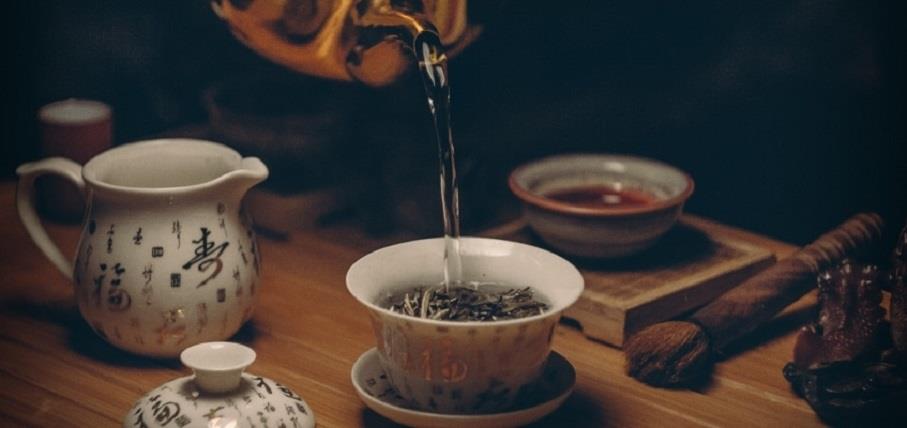
Poetry, Kahwa, And Connection: How Kashmir Is Fighting Urban Loneliness
Representational photo
By Shereen Naman
Mohsin, 28, often walks through Lal Chowk, Srinagar's buzzing heart, where the air hums with chatter and traffic. He works at a tech startup, surrounded by people and urban energy.
But when dusk falls over his hometown, he returns to his small apartment in Rajbagh feeling an emptiness no Instagram reel can fill.
“It's like I'm invisible in a crowd,” he says, watching the water ripple under the evening sky.
That sense of loneliness runs deep in Kashmir, where decades of discord has strained social sense and sensibility.
Cities across India face the same problem. A 2023 survey found 40 percent of urban Indians report feeling lonely. In the valley, the numbers are sharper: studies show 45 percent of adolescents experience moderate loneliness, often linked to low self-esteem and depression, all tied to the region's turbulent timeline.
The Longitudinal Ageing Study in India adds that 20.5 percent of adults over 45 feel moderately lonely, and 13.3 percent experience severe loneliness, higher in disturbed areas where mistrust scatter families.
“Strife leaves mental mess, and city life piles on isolation,” says Dr. Hina Mir, a psychologist in Srinagar.“People crave real connection, not just likes or emojis.”
Depression affects up to 66 percent of Kashmiri youth aged 15 to 25, and PTSD impacts 19 percent.
Sociologist Aijaz Bhat notes,“Urbanization pushes people into silos. Losing community spaces makes it worse.”
Globally, the WHO reports 10 percent of adolescents and 25 percent of older adults struggle with loneliness, but in Srinagar, it feels amplified.
Against this backdrop, something powerful is happening in Srinagar's homes.
Young people like Mohsin are inviting strangers over for dinners, tea, or poetry circles. They are bringing back traditions of yaarbals, riverside spots where people once shared stories, or paends, those neighbourhood chats at dusk.
Now, the gatherings take modern forms: saffron-laced kahwa, poetry readings, and open conversations in living rooms.
“These spaces heal,” says Nusrat Jabeen, a local poet hosting weekly readings.“Sharing pain through words creates connection.”
Initiatives like Inner Edit, a local mental health group, organize home-based talks blending faith-based practices with open dialogue.
Dr. Sameer Sultan, a mental health expert, says,“Face-to-face interaction counters the alienation of screens. These spaces are crucial for a place like Kashmir.”

Legal Disclaimer:
MENAFN provides the
information “as is” without warranty of any kind. We do not accept
any responsibility or liability for the accuracy, content, images,
videos, licenses, completeness, legality, or reliability of the information
contained in this article. If you have any complaints or copyright
issues related to this article, kindly contact the provider above.


















Comments
No comment